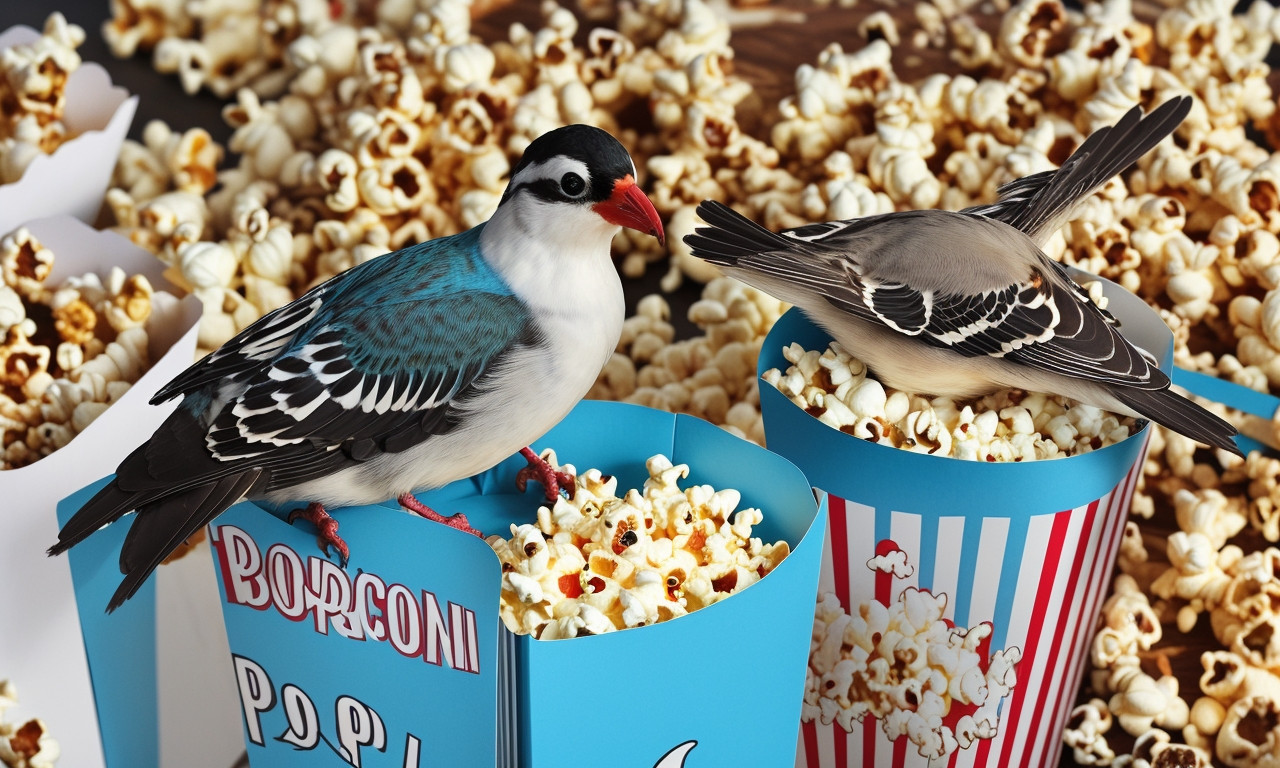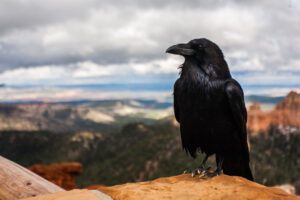When bird lovers gather around the park benches tossing crumbs to their feathered friends, one question occasionally pops up amidst the cheery chirps: "Can birds eat popcorn?" Although it seems like an innocuous treat, the reality of feeding popcorn to birds is steeped in a mix of facts and myths. As we uncover the layers behind avian dietary preferences and nutritional requirements, many bird enthusiasts may find themselves surprised at what they uncover.
Birds, enchanting creatures of the sky, have sparked the fascination of mankind for centuries. Their diverse species, fascinating behaviors, and the joy they bring to nature observers have etched avian interests profoundly into human culture. As we delve into the world of birds and their diets, a staple cinema snack enters our field of inquiry: popcorn. Is this puffy, buttery treat a safe option for our avian companions, or does it belong solely in the realm of human indulgence?
Let’s demystify the facts about birds and popcorn while exploring the intricate details of aviary dietary needs, enlightening bird owners and nature enthusiasts alike.
Related article; small black bird white stripe wing
Understanding Bird Dietary Essentials
Before we venture into answering the question at hand, it is crucial to understand the intricate dietary requirements of birds. Birds are as variable in their dietary needs as they are in their species variation. Here are some general nutritional essentials for birds:
Related article; wild birds of iowa
- Protein: Essential for growth, especially in hatchlings and during molting periods.
- Carbohydrates: Provide necessary energy for daily activities and maintaining body heat.
- High-quality fats: Especially important for birds in colder environments.
- Vitamins and minerals: Necessary for a multitude of bodily functions, including bone health and feather production.
The Risks of Human Food to Birds
While it’s easy to assume that birds can munch on anything we can, this is a perilously mistaken belief. Foods that are high in salt, sugar, fat, and artificial flavors, which are prevalent in various human snacks, can be detrimental to birds’ health. Thus, moderation and safety should always be considered.
Related article; common birds of iowa
Bird Metabolism and Its Variations
Birds have high metabolic rates that require frequent feeding to sustain their energy demands. However, different species have specialized diets that keep them in optimal health. For example, granivorous birds eat mostly seeds, while frugivorous birds prefer fruits.
Related article; winter birds of iowa
Can Birds Safely Enjoy Popcorn?
Now, let’s zoom in on our central question. Popcorn, on its surface, appears harmless. It is, after all, merely puffed corn kernels, a grain. But the story is more nuanced:
Related article; backyard birds of iowa
Plain, Air-Popped Popcorn: A Possible Treat
- Unsalted, unbuttered, air-popped popcorn can be a safe and enjoyable occasional treat for many birds.
- It’s light, and the crunchiness can provide some entertainment value for them.
- Popcorn contains carbohydrates and a small amount of fiber and protein.
The Perils of Movie-Theater Style Popcorn for Birds
- Buttered and salted popcorn, as served in movie theaters, is rich in fats and salt, making it a poor choice for bird feeding.
- Artificial flavors and other additives found in commercial popcorn can be harmful.
- High salt content can lead to dehydration and kidney problems in birds.
What About Microwave Popcorn?
Now, considering how convenient microwave popcorn is, one may wonder if it’s a suitable alternative for our feathered friends. Despite its appeal, microwave popcorn:
Related article; small birds of iowa
- Often contains fats, salt, and chemical additives that are inappropriate for birds.
- The bags are usually lined with chemicals such as perfluoroalkyl substances (PFAS), which can cause health issues not just for birds, but also humans.
Exploring Nutritional Alternatives for Bird Treats
Providing birds with a variety of foods suited to their natural diet is the best way to ensure their health and happiness. Here are several bird-friendly options:
Related article; andean condor birds of the world
- Fresh fruits and vegetables: Offer these in moderation due to high sugar content in fruits.
- Cooked grains and rice: A healthy source of carbohydrates.
- Birdseed mixes: Designed to meet the nutritional needs of specific bird species.
Recipes for Homemade Bird Treats
Bird owners who enjoy preparing food for their pets can try these simple recipes:
Related article; condor birds of prey
- Fruit and Veggie Skewers: Alternate pieces of bird-safe fruits and vegetables on a skewer.
- Seed Balls: Combine birdseed with gelatin as a binder to create a nutritious treat.
Deciphering Avian Dietary Myths
It’s not just about whether birds can eat popcorn; many myths surround what birds should and shouldn’t eat. Here, we’ll work to dispel some mistaken beliefs:
- Bread: Often thrown to ducks and pigeons, but offers little nutrition and can contribute to environmental issues.
- Milk and dairy products: Birds lack the enzyme lactase and cannot digest lactose properly.
- Chocolate: Toxic to most animals, birds included, due to theobromine.
Feeding Wild Birds: Best Practices
Feeding wild birds has become a popular pastime for many nature lovers. Here are some guidelines to ensure that the snacks you offer are beneficial rather than harmful:
- Avoid foods high in salt and sugar: These can be addictive and detrimental to bird health.
- Offer native wild seeds: These are most suitable for wild birds and will not disrupt their natural diet.
Attracting Birds to Your Yard
For those keen on making their backyard a bird haven, consider planting native shrubbery and leaving out natural seeds and fresh water. These are far better than offering popcorn as regular bird food.
Understanding Popcorn’s Place in Bird Diets: The Conclusion
In the grand scheme of bird diets, popcorn is a fringe player–a rare novelty rather than a dietary staple. While plain, unsalted, air-popped popcorn can be offered in small quantities as an infrequent treat, its nutritional value is minimal. It’s the love for the well-being of our avian friends that must guide our hand when we indulge them in our human treats.
A Word for Pet Bird Owners
When it comes to the birds we share our homes with, offering a balanced diet tailored to their species is vital. Popcorn should never replace a meal, and its introduction should be monitored carefully.
Parting Thoughts on Bird Nutrition and Human Interaction
Our interaction with birds, whether they be pets or wild visitors, comes with a responsibility. The best nutrition for birds is that which aligns with their natural intake—a diet rich in variety, suited to their unique species requirements, and free of human snack food pitfalls like excessive fats, salts, and sugars.
In the end, when we talk about sharing our world with these delightful creatures, it’s not just about sharing our food, but sharing our respect and understanding of their needs above our amusement. By treating birds with the care and thoughtfulness they deserve, we contribute to a world where humans and birds can coexist harmoniously, each enjoying their own version of nature’s bountiful feast.




